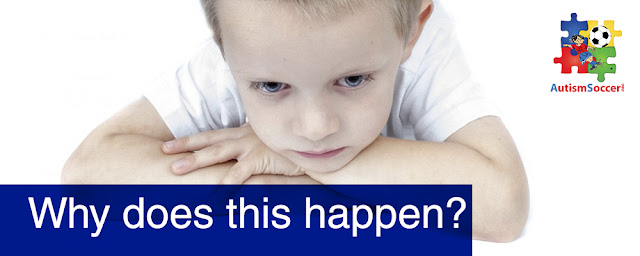 |
| Diverse factors could cause muteness in early stages of growth. Diagnosis of muteness is quite complex regarding the sources of the disorder. |
Often, children are born with conditions that pose a challenge in their early growth and late development. Autism, for example, is part of these conditions that are lifelong and require early intervention.
Today, we’ll discuss another disorder that’s not related to the spectrum, but affects children’s growth in all aspects: Muteness or mutism, an inability to communicate that’s more common than you think.
Mutism is a childhood condition that affects children’s capability to speak, causing them to be silent and fail to speak. Selective mutism is another name given to this condition, to differentiate it from children who are not physically able to speak.
Selective mutism is often associated with an intense fear to engage in social environments that lead them to close up and avoid communicating. But if it’s a case where children can’t talk, it’s a considered a case of Aphonia, which is the complete inability to produce any sound.
Children who suffer from selective mutism are shy and avoid being surrounded by strangers or in unfamiliar surroundings. But that’s not all; they also tend to suffer symptoms originated by social anxiety. It leads specialists to think this could be either a part of diagnosed anxiety or a disorder on its own.
You can tell when a child is suffering from selective mutism once they’re at home. That’s where they feel comfortable and calm, and they can communicate and express emotions as usual. Once they are outside their comfort zone, they switch and shield feelings behind fear.
If you want to be sure you children suffer from selective mutism or not, here’s a list of traits of this condition:
- They are unable to speak in specific places such as school, social events, and gatherings.
- Their inability to speak affects them on their environment, showing difficulties in academic scoring and making friends.
- They can communicate as usual in environments where they feel safe, like their own home or when surrounded by people they trust.
- Eye avoidance and lack of social engaging are notable in them, as well.
Early intervention is essential for the treatment of this condition, which is why you should see a therapist to guide you and assist your children. If you need your kids to work on their social skills, then you can count on the team of Autism Soccer. As a non-profit organization, they focus on children who need extra support in their early development.
 |
| Sign language became the solution to communicate with those who can't speak. It is a set of gestures that represent specific letters or words. |
Facebook: Autism Soccer
Instagram: Autism Soccer
Twitter: Autism Soccer
15165 NW 77 Ave Suite 1005 Miami Lakes FL 33014
Autismsoccer.org

No comments:
Post a Comment